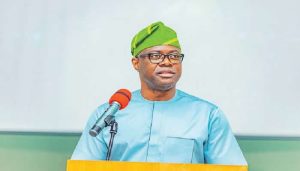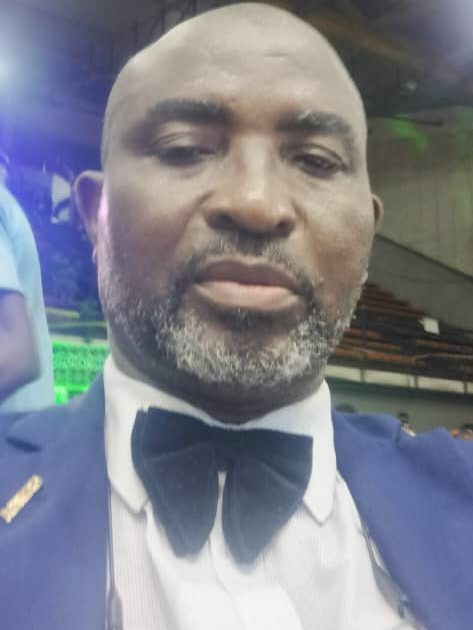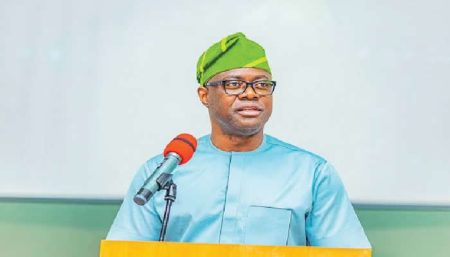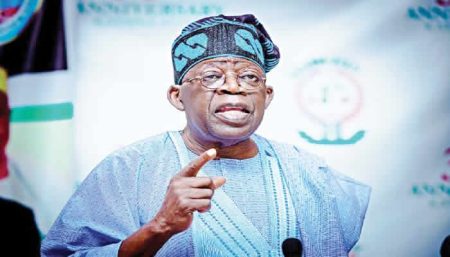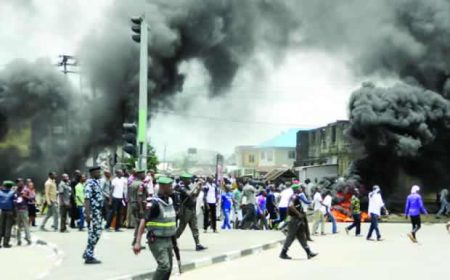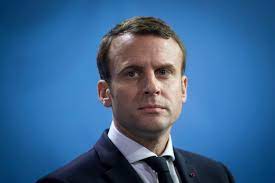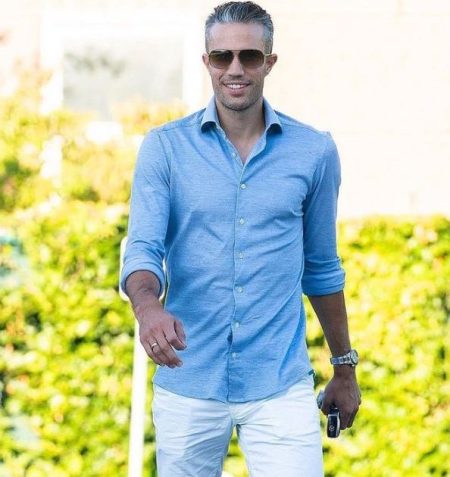The African boxing landscape is embroiled in controversy following the African Boxing Union’s (ABU) decision to disband the West African Boxing Union (WABU) over allegations of serious misconduct. The ABU, under the leadership of President Houcine Houichi, announced WABU’s dissolution on February 12th during an executive meeting held in Lagos, Nigeria. The ABU’s decision stems from a litany of accusations against WABU, including blackmail, manipulation, financial impropriety, and exploitation of boxers and promoters. WABU President Remi Aboderin vehemently denies these charges, dismissing them as baseless attempts to destabilize the organization. He further challenges the ABU’s authority to suspend WABU, emphasizing the independence of both bodies and questioning Houichi’s standing to intervene in WABU’s internal affairs.
The unexpected move has sent ripples through the boxing community, particularly in Nigeria, where both organizations have a significant presence. Rafiu Ladipo, President of the Nigerian Boxing Board of Control (NBB of C), expressed surprise at the announcement, stating he had not received any official notification regarding WABU’s disbandment. Ladipo, a key figure in Nigerian boxing, emphasized the importance of formal communication and indicated he was awaiting official confirmation before acknowledging the ABU’s decision. This lack of communication highlights a potential procedural flaw in the ABU’s actions, adding another layer of complexity to the unfolding situation.
Houichi, however, confirmed WABU’s dissolution, stating that the ABU’s Secretary General was preparing a press release detailing the matter. He urged boxing promoters and stakeholders to dissociate themselves from WABU, declaring any future collaborations with the organization as illegal. Houichi emphasized the ABU’s reputation and the importance of maintaining integrity within its affiliated groups, framing the disbandment as a necessary step to address the serious allegations against WABU’s leadership. He indicated that the matter had been referred to the ABU’s Ethics and Disciplinary Committee, which would work in conjunction with a specially appointed task force to conduct a thorough investigation into the accusations.
The core of the dispute lies in the power dynamics between the ABU and WABU. While the ABU claims overarching authority over its regional affiliates, including WABU, Aboderin contends that WABU operates as an independent entity. This power struggle is further complicated by the lack of clear communication between the involved parties, with the NBB of C’s president unaware of the official disbandment. The situation raises questions about the established protocols and procedures within African boxing governance, highlighting the need for clearer lines of authority and communication channels.
The allegations against WABU, if substantiated, paint a troubling picture of misconduct within the organization. The accusations of financial misappropriation and exploitation of boxers are particularly concerning, as they strike at the heart of the sport’s integrity. Boxers, often coming from challenging backgrounds, rely on the fairness and transparency of their governing bodies for protection and opportunity. If WABU officials are indeed engaging in such practices, it undermines the trust and fairness essential for the sport to thrive. The investigation by the ABU’s Ethics and Disciplinary Committee will be crucial in determining the veracity of these claims and ensuring accountability.
The unfolding events have the potential to significantly reshape the landscape of professional boxing in West Africa. WABU’s disbandment, if upheld, will leave a vacuum in the region’s boxing governance, potentially creating instability and uncertainty for boxers, promoters, and other stakeholders. The ABU’s intervention, while intended to address alleged misconduct, also raises questions about the broader governance structure of African boxing. The lack of clear communication and the apparent power struggle between the two organizations highlight the need for improved transparency and accountability within the sport. The outcome of the investigation and the subsequent actions taken by the ABU will be critical in determining the future of professional boxing in West Africa and the broader implications for the sport across the continent.



